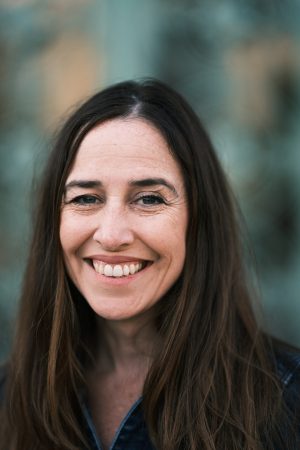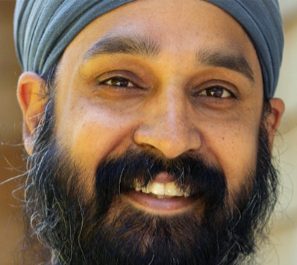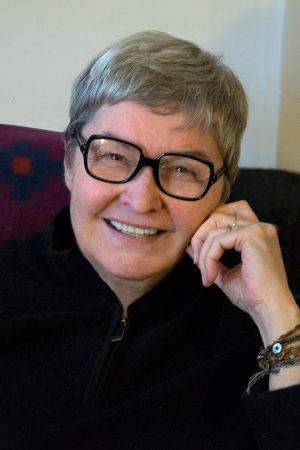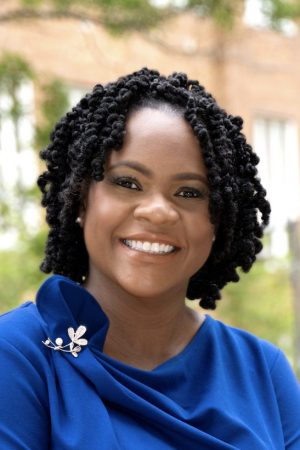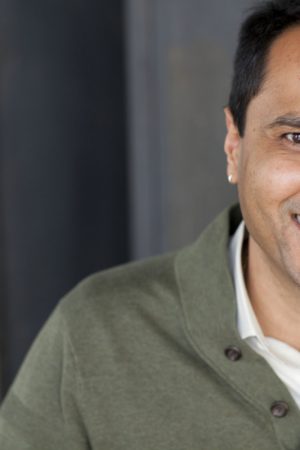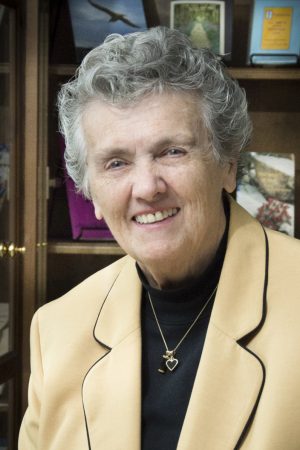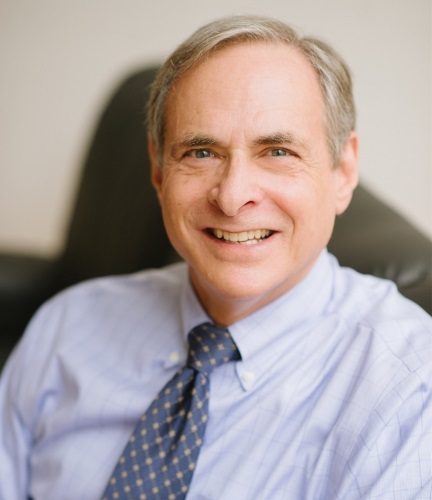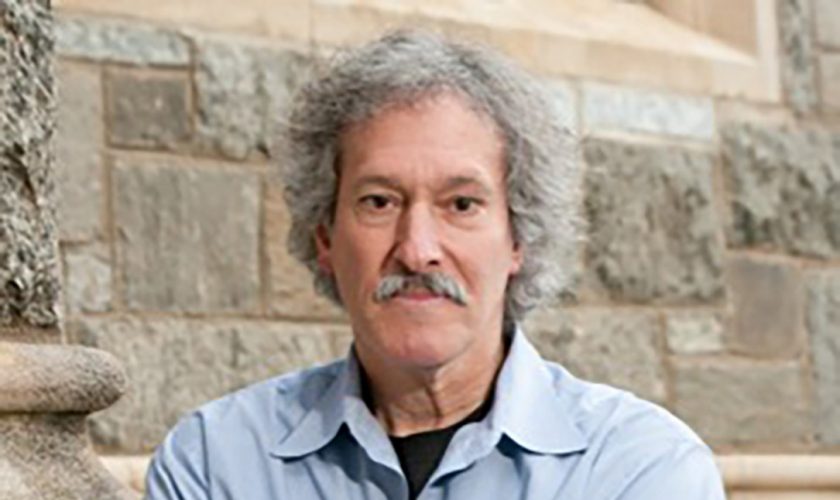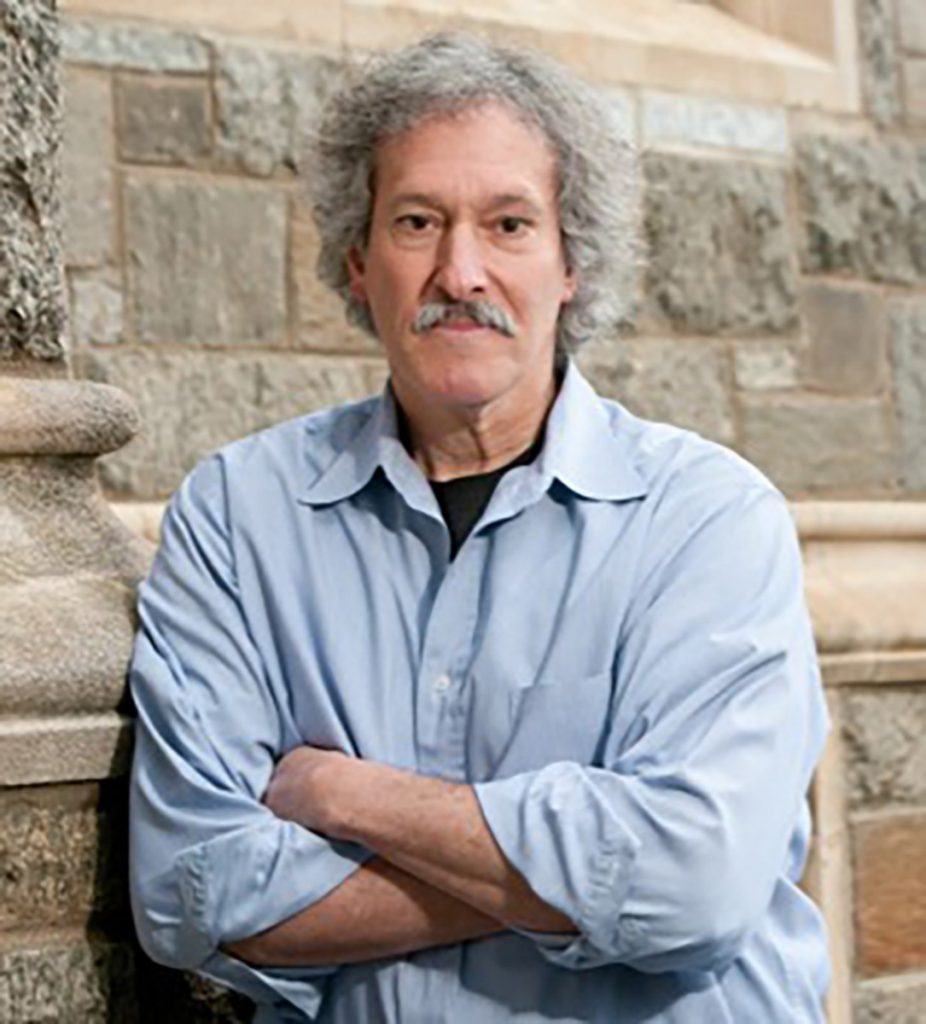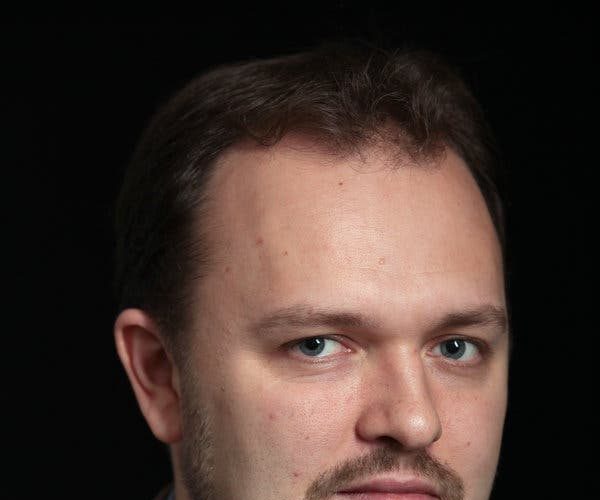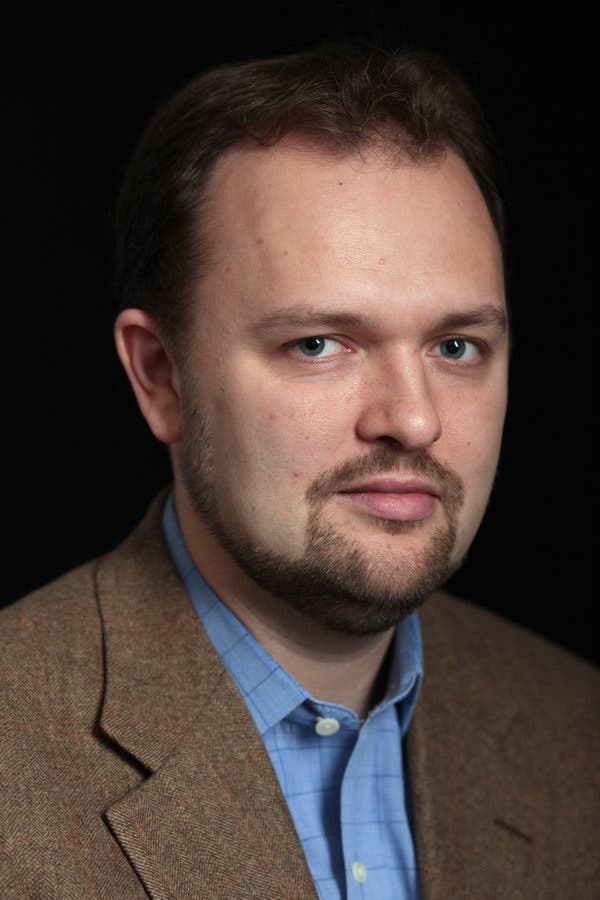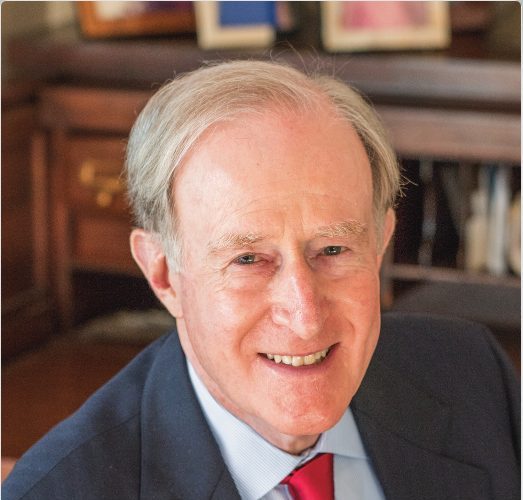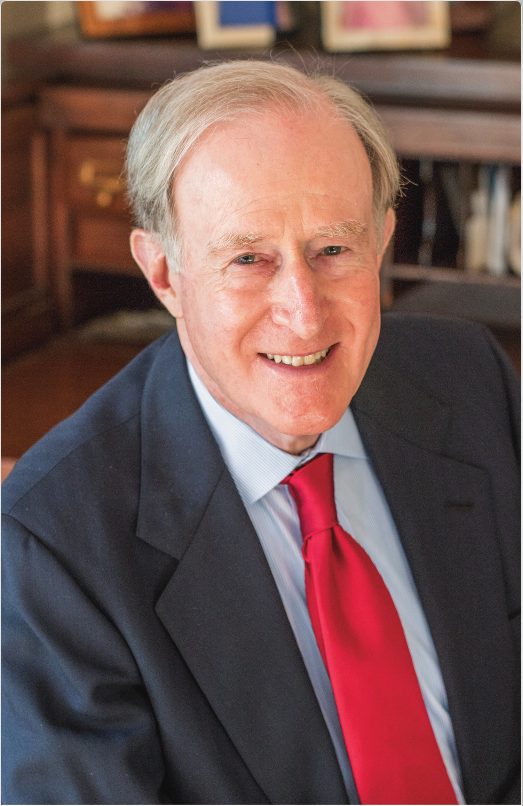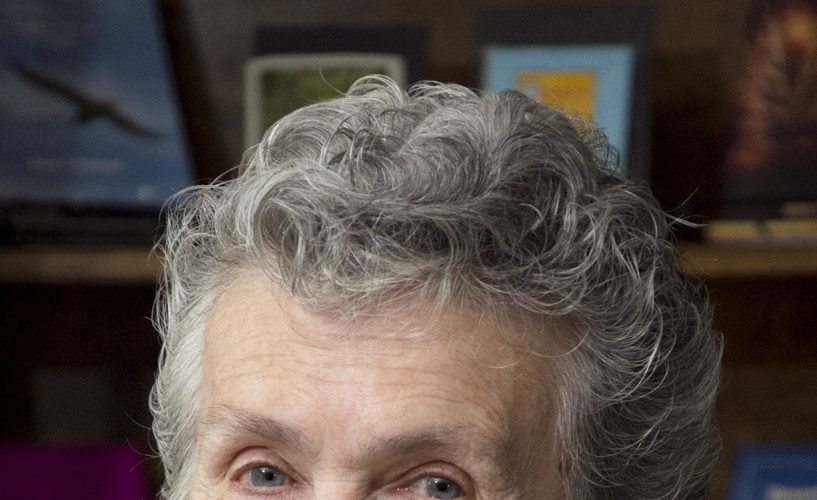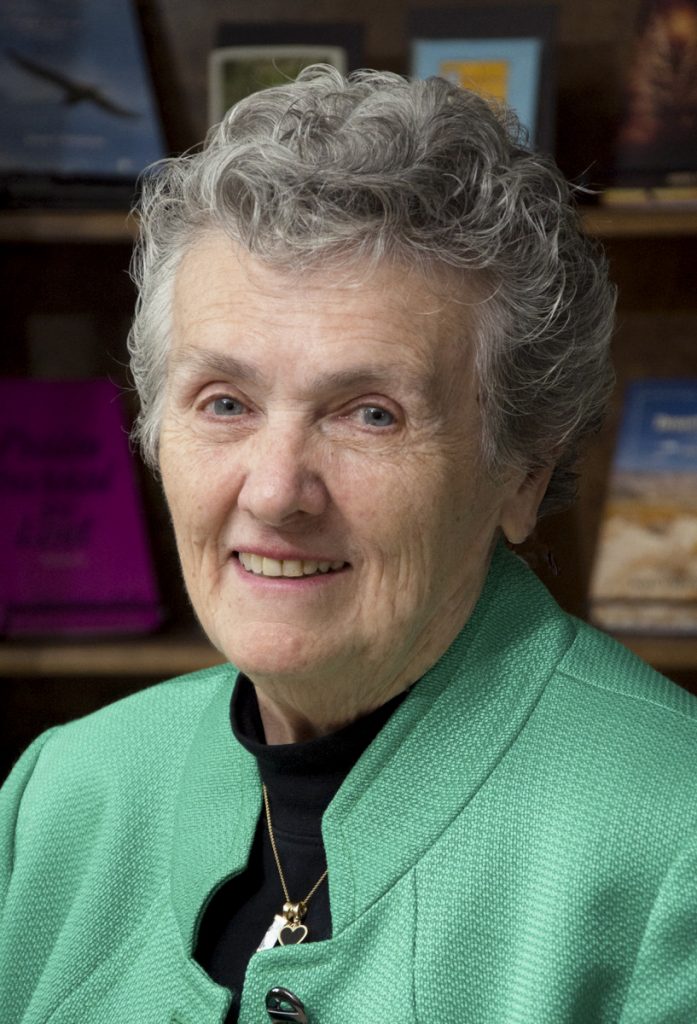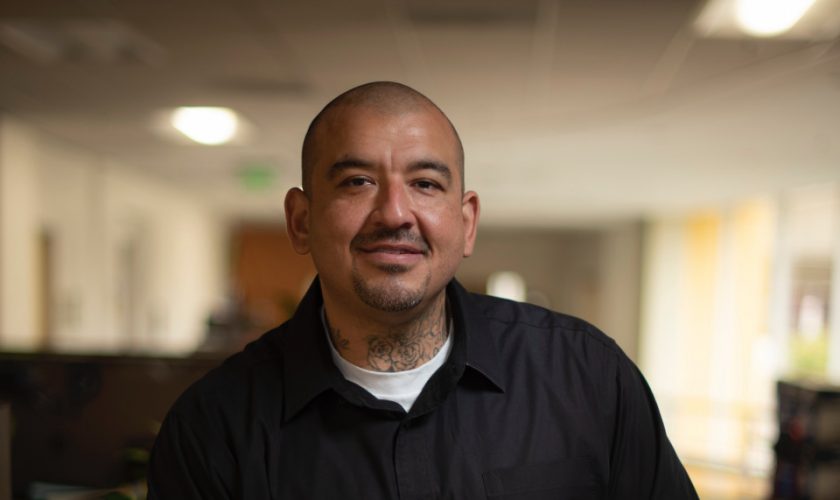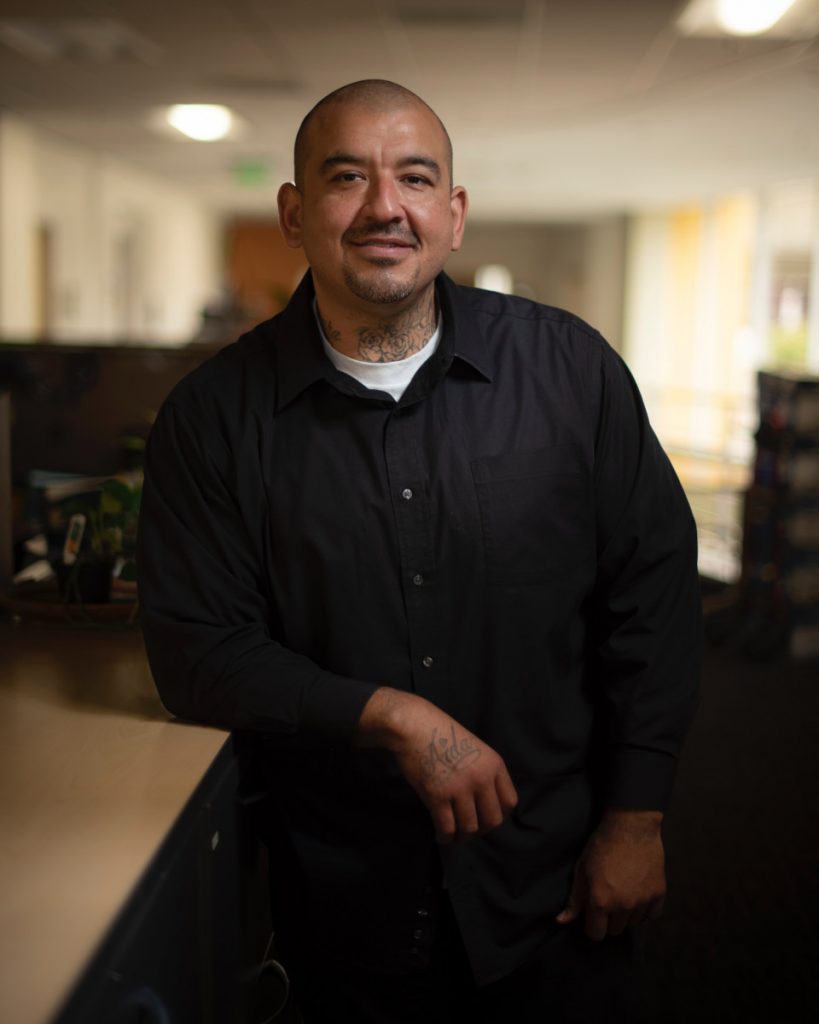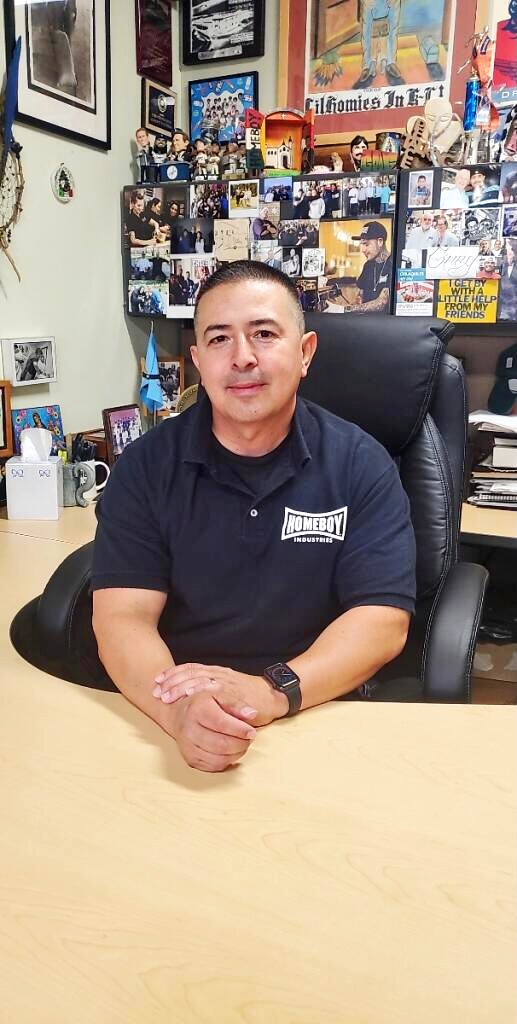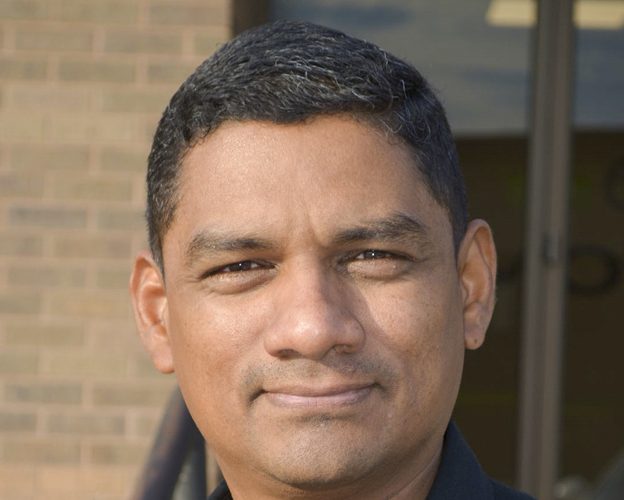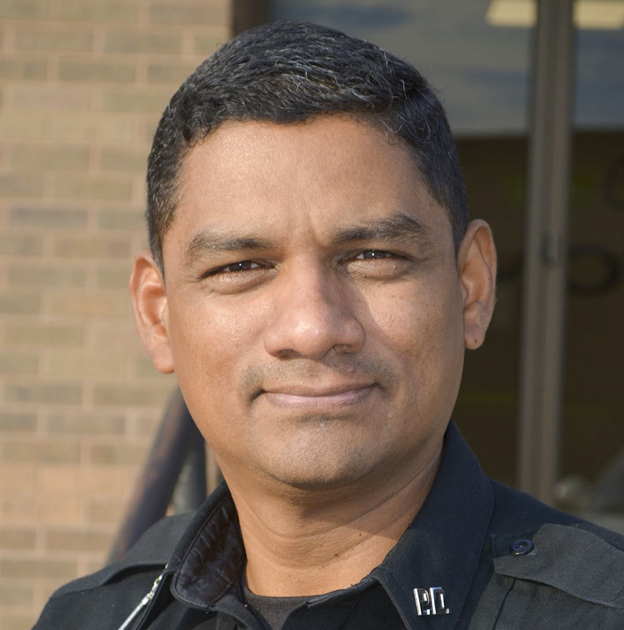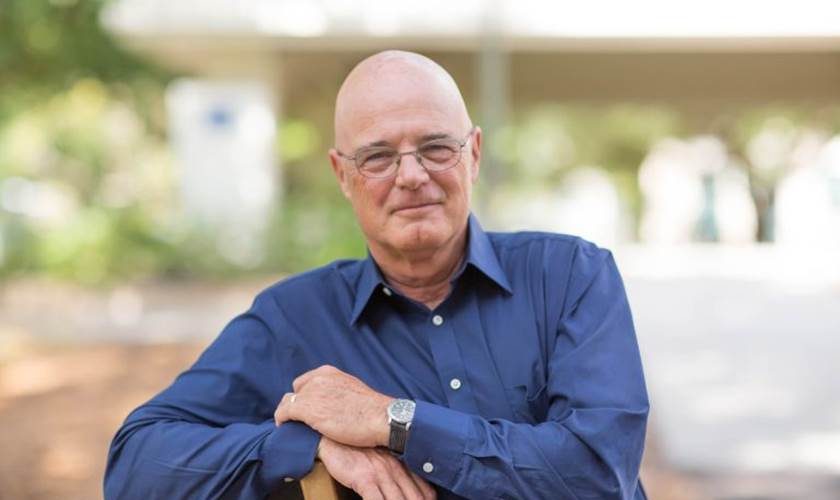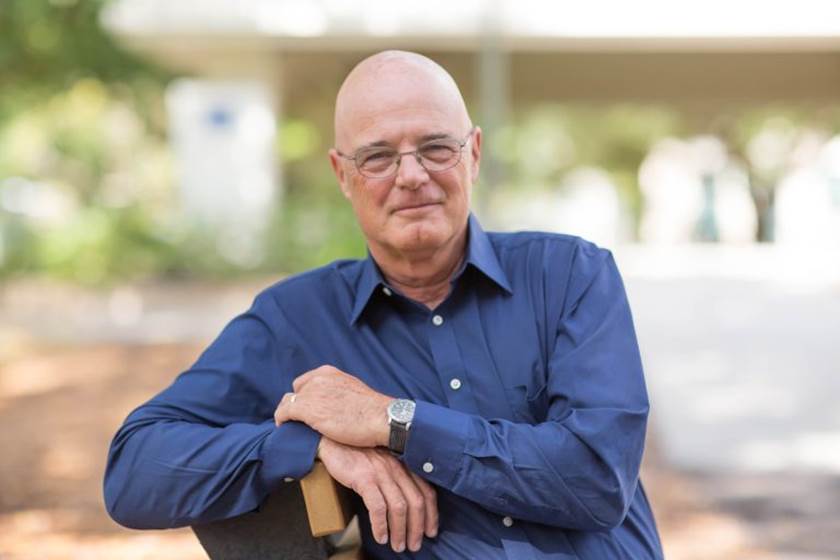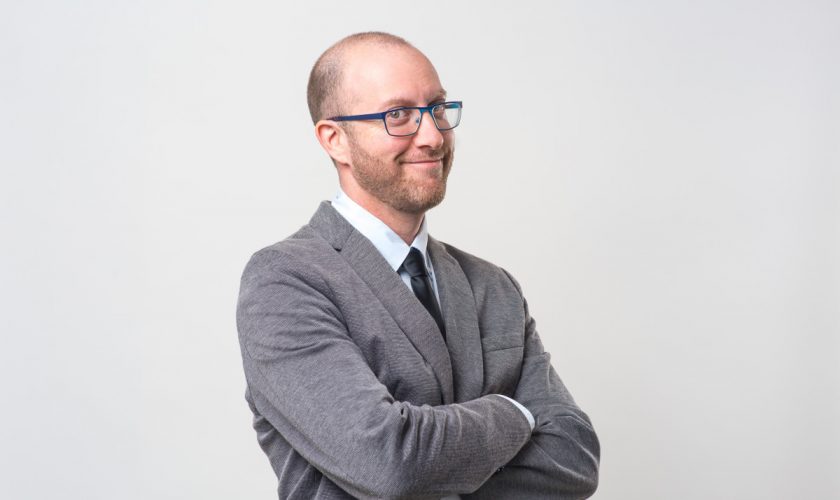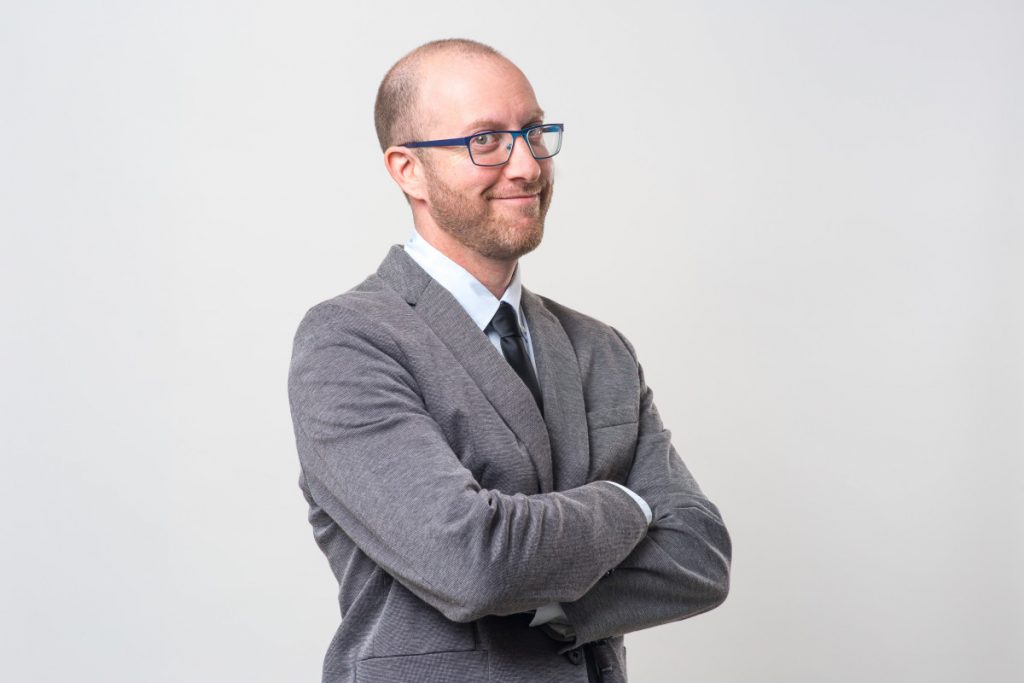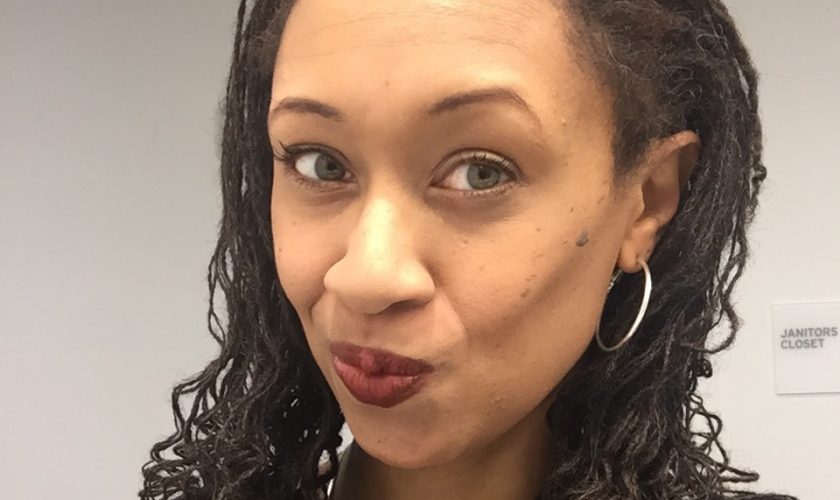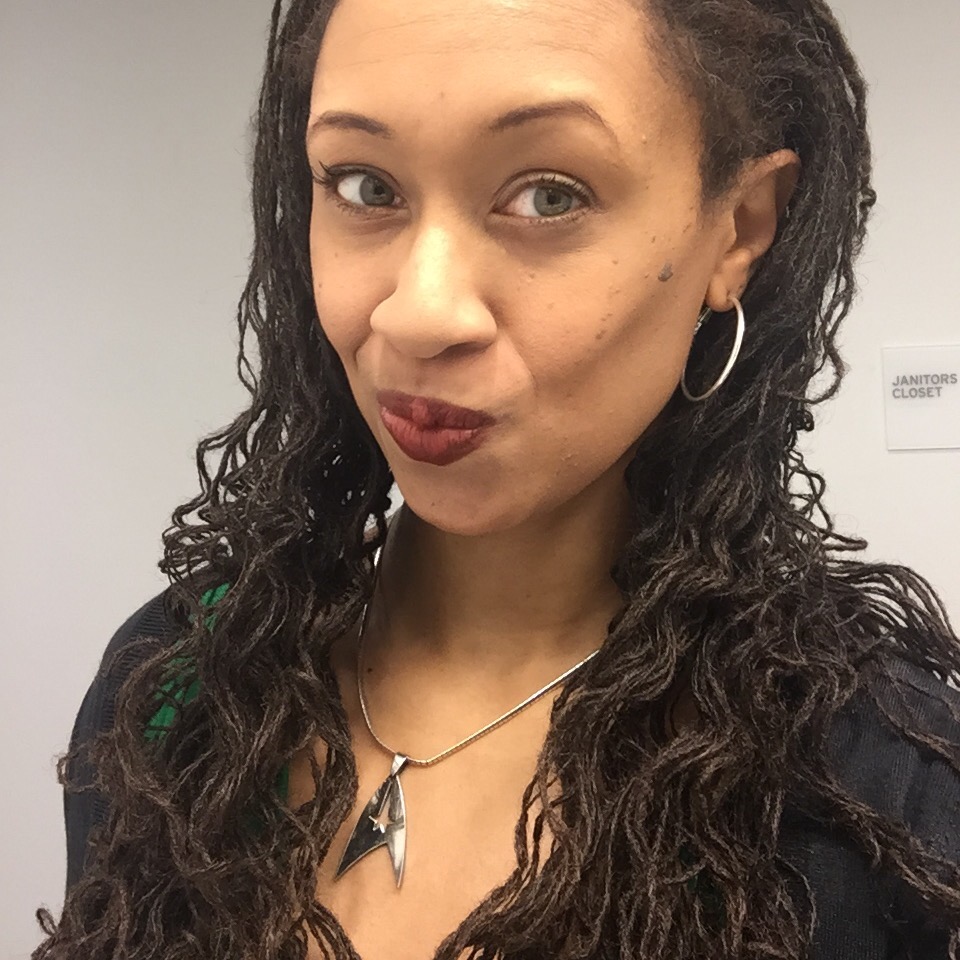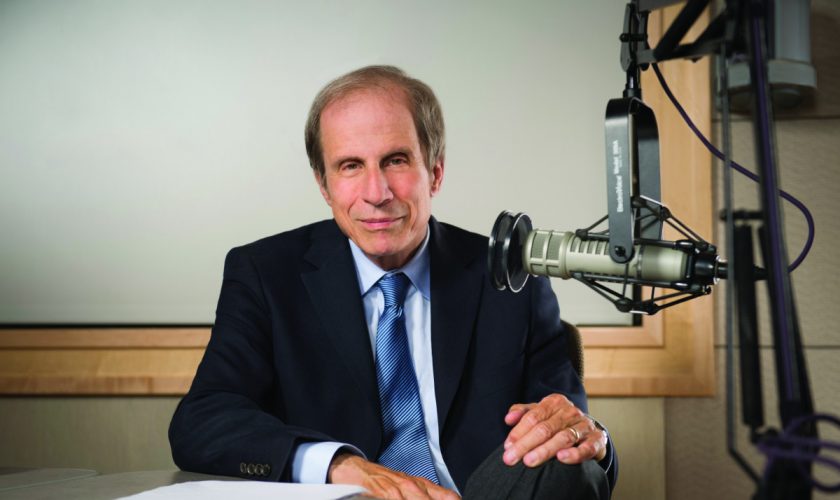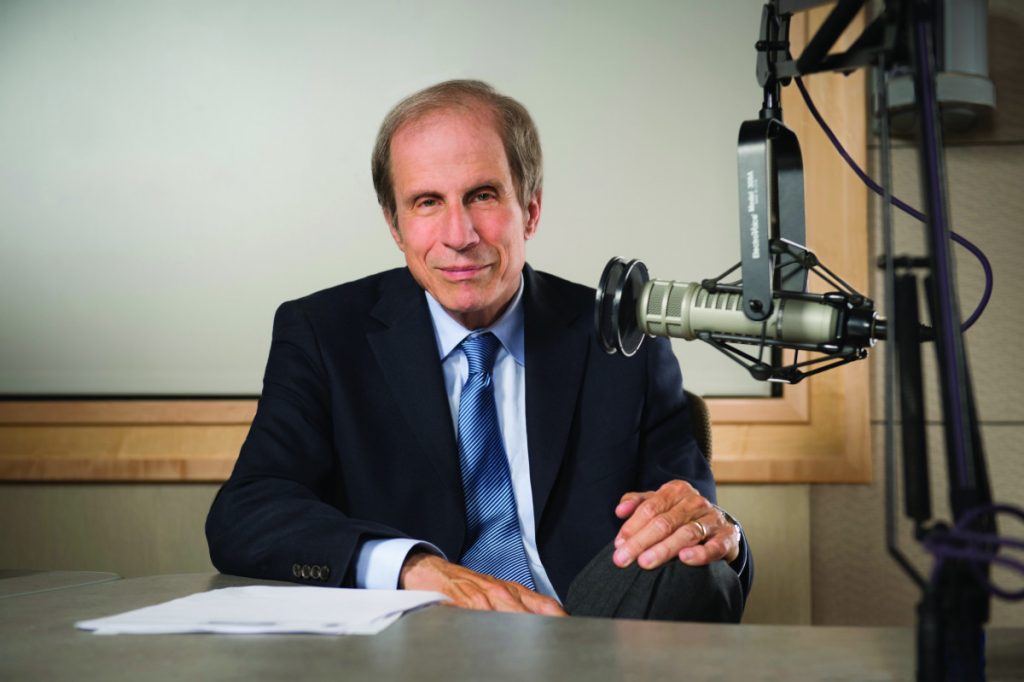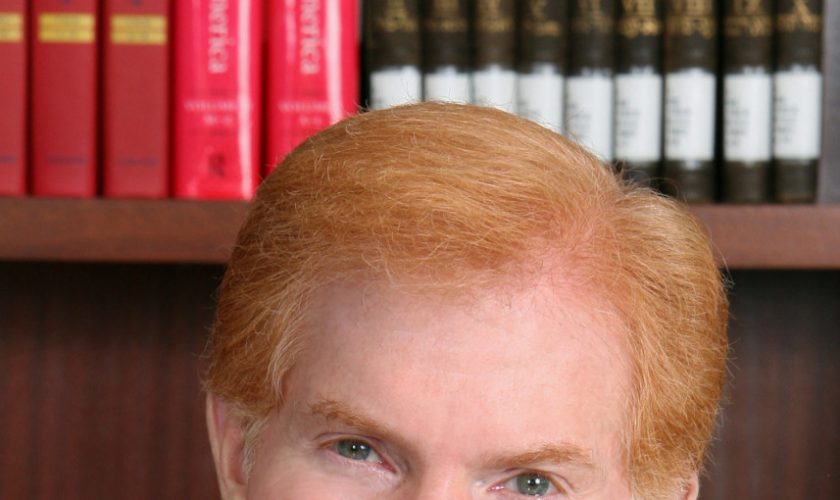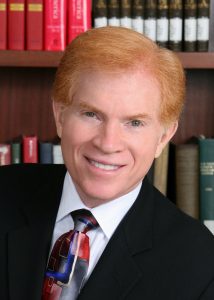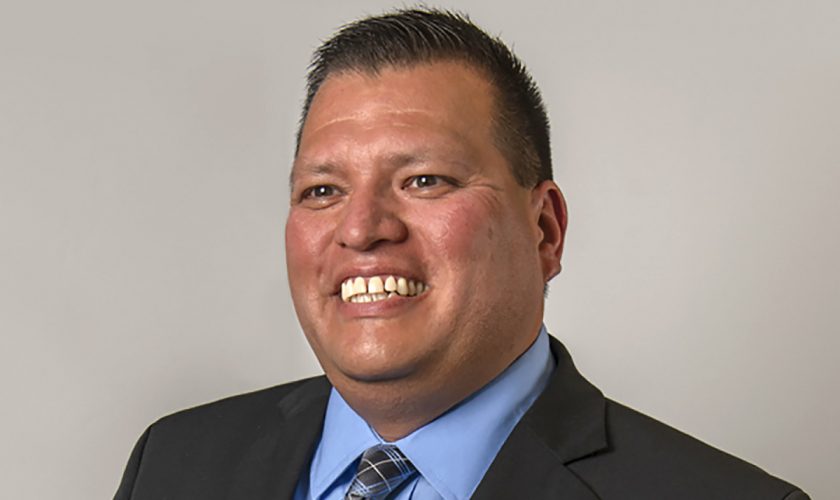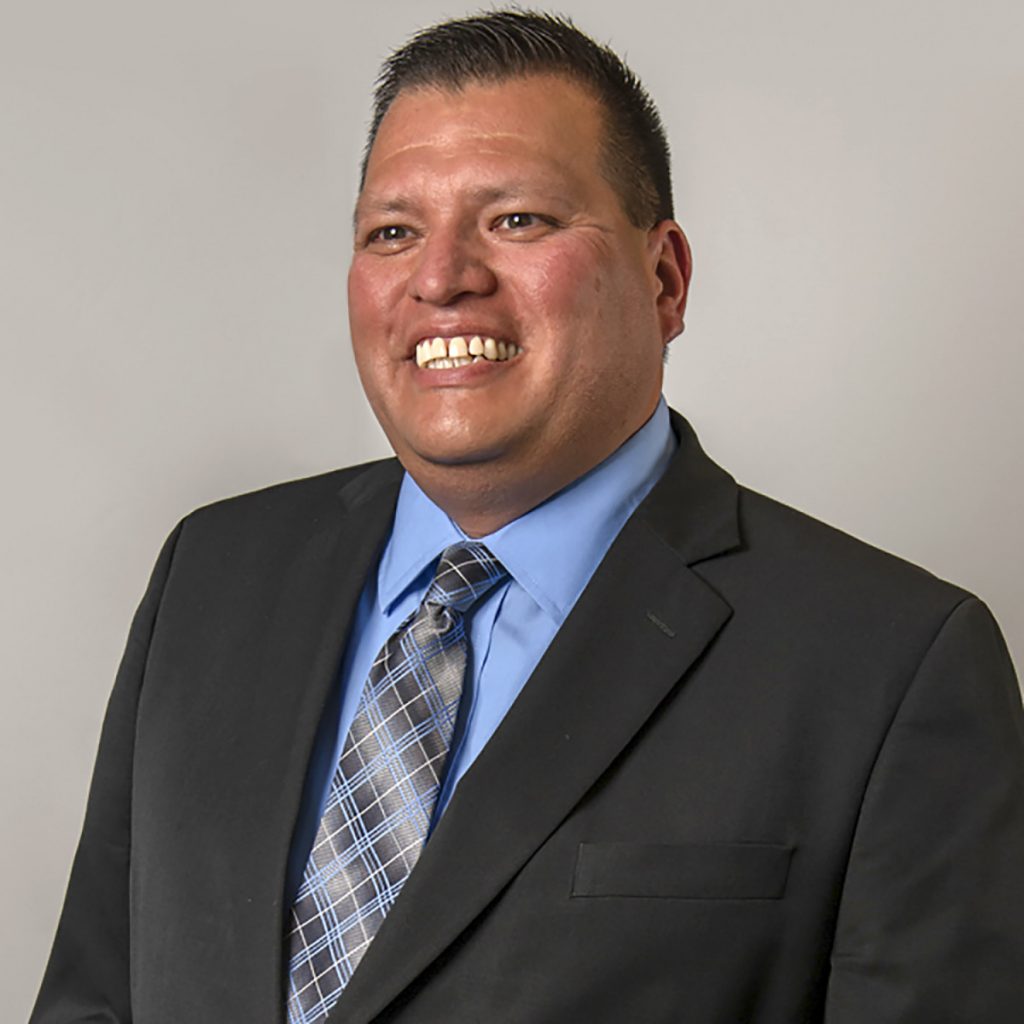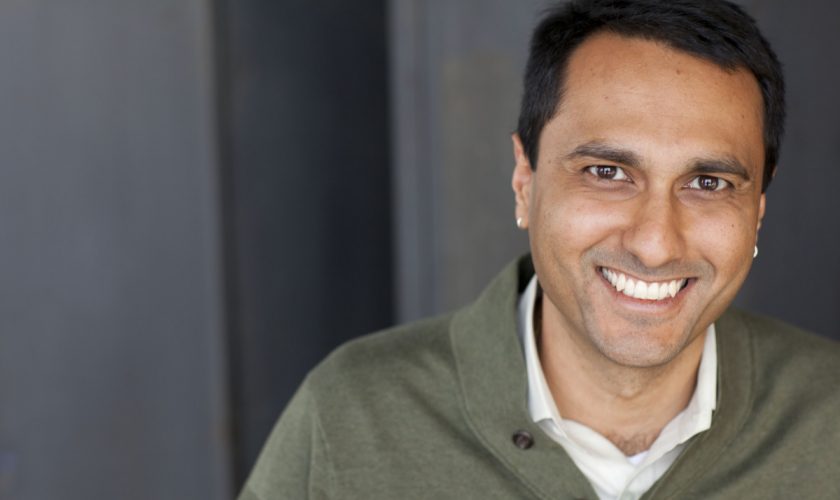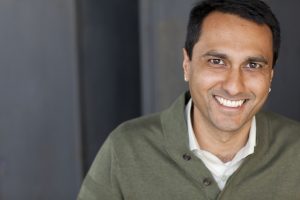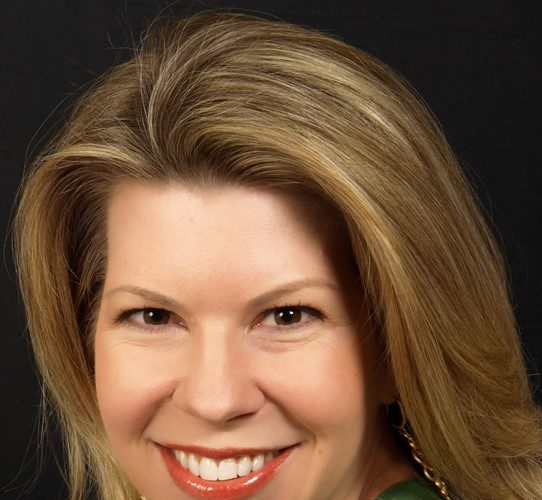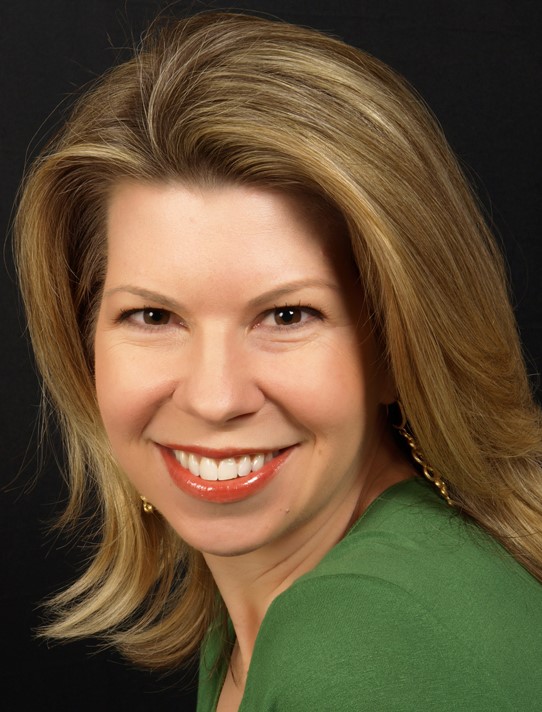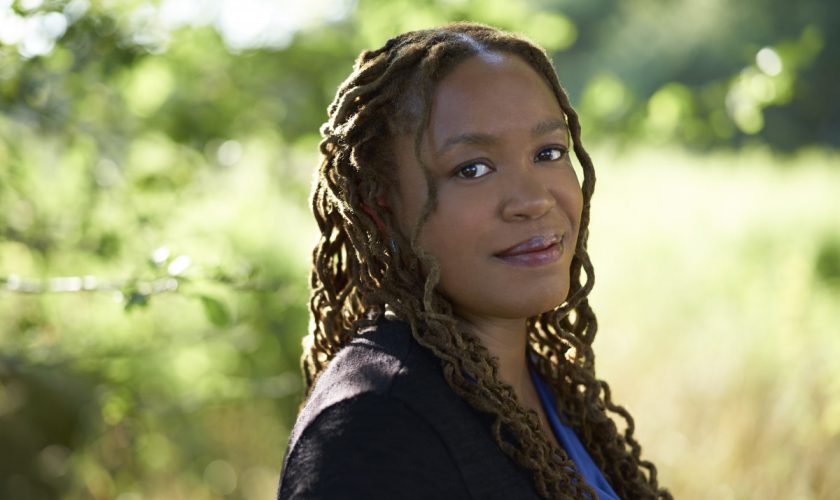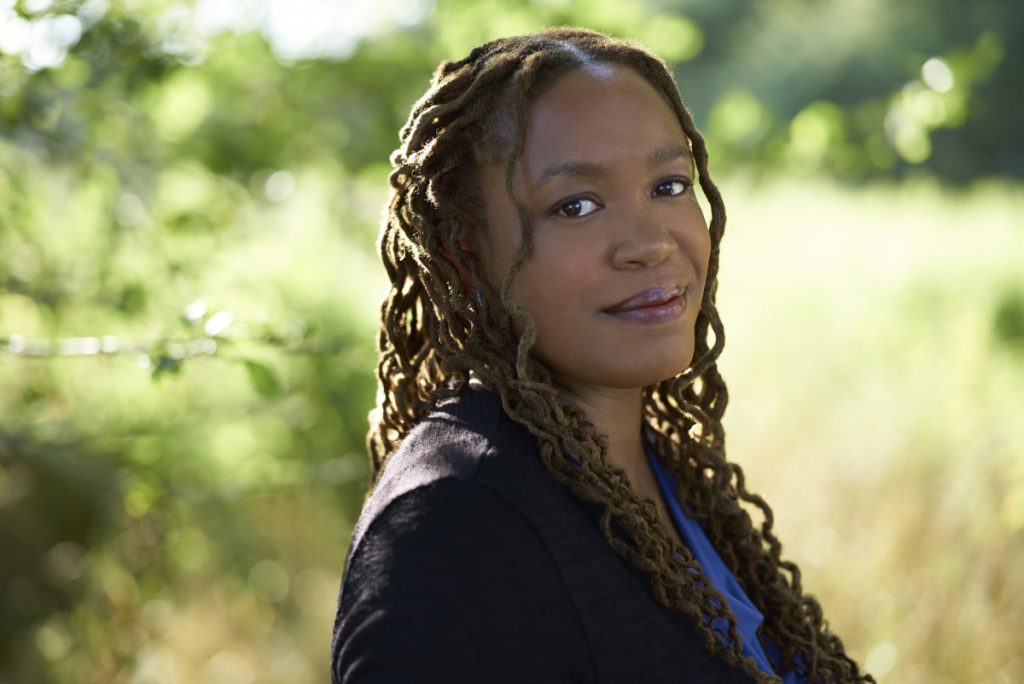MAX ZAMBRANO – STAFF WRITER
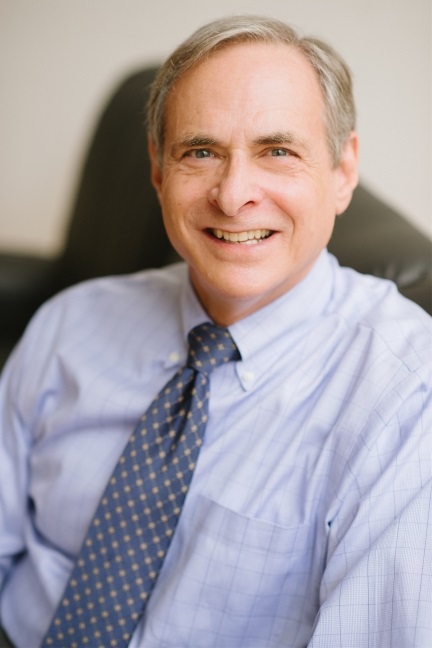
Nobody knows what happens to us when we die, but Bruce Greyson, through research and observations spanning a half-century, may have a decent guess at least of what happens right before death.
Greyson’s March 2021 book, After: A Doctor Explores What Near-Death Experiences Reveal about Life and Beyond, presents his findings from the last 50 years. It is also the focal point of his Interfaith Lecture at 1 p.m. Tuesday, Aug. 17 in the Amphitheater, part of Week Eight’s theme, “The Human Soul: Our Ineffable Mystery.”
At first, Greyson was skeptical of any such experience. He had grown up in a scientific household with a materialistic, tangible perspective on the world.
“When I started my psychiatric training, I started meeting psychiatric patients who described to me things like leaving their bodies when they were close to death, and seeing things accurately from that perspective,” Greyson said. “That just made no sense to me at all. I assumed they were hallucinating.”
Then, Greyson’s colleague, Raymond A. Moody Jr., published Life After Life, which coined the term “near-death experiences.”
These stories sounded familiar to Greyson.
“I realized these stories I was hearing from my patients were a part of a huge phenomenon that’s occurring around the world,” he said. “That meant we should try to study them, not ignore them.”
Thus began his own personal exploration of near-death experiences.
“The more cases I collected, the more unexplainable they seemed to me,” he said. “I started trying to make sense of them all. Fifty years later, I’m still trying to make sense of it.”
He knew one thing for certain: The materialistic mindset he grew up with and took to college was no longer plausible, at least in this endeavor.
Among his discoveries over the years, a surprising one was the commonality of near-death experiences. About 5% of people have had one, he said, or about one in every 20 people.
Another interesting discovery for him was these experiences had nothing to do with mental illness.
“They’re normal experiences that happen to normal people under unusual circumstances,” he said.
Near-death experiences also suggest the mind and brain are two separate entities, he said.
“We have people thinking more clearly than ever and seeing and forming memories when the brain is not capable of doing those things, when the brain is compromised,” he said.
He wonders if this is still possible when the brain itself dies.
Now a professor emeritus of psychiatry and neurobehavioral sciences at the University of Virginia School of Medicine and the co-founder of the International Association for Near-Death Studies, Greyson hopes to give a sense of spiritual lessons people can learn from near-death experiences during his lecture.
Near-death experiences should teach people that they are not separate individuals, but rather a part of something greater, he said.
“Therefore, we have some responsibility to treat each other kindly and to take care of each other, as well as the rest of the natural world,” he said. “That living life according to the golden rule makes our life much more meaningful and fulfilling.”

